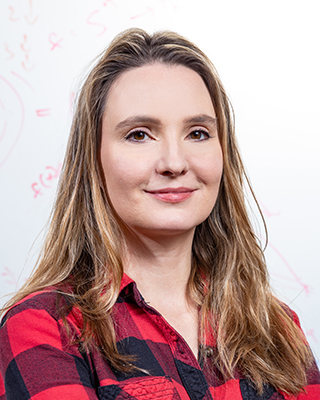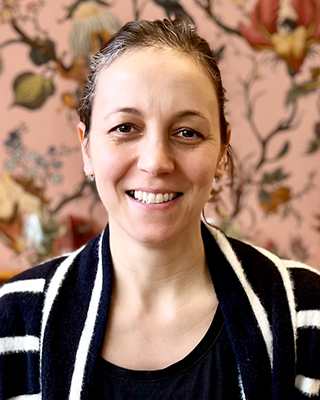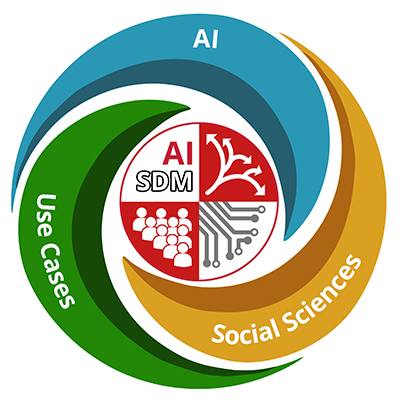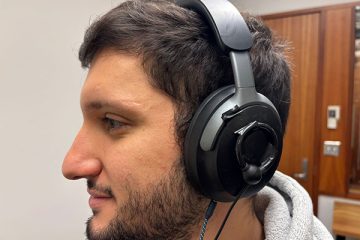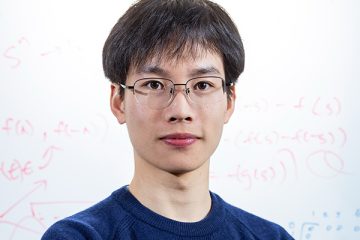Allen School researchers are at the forefront of exciting developments in AI spanning machine learning, computer vision, natural language processing, robotics and more.
We cultivate a deeper understanding of the science and potential impact of rapidly evolving technologies, such as large language models and generative AI, while developing practical tools for their ethical and responsible application in a variety of domains — from biomedical research and disaster response, to autonomous vehicles and urban planning.
Groups & Labs

Database Group
The UW Database Group does theoretical, systems and user-centered work in multimodal database management systems; generative AI and data management; complexity of query evaluation and optimization; scalable, interactive data visualization; and more.

RAIVN Lab
The Reasoning, AI, and VisioN (RAIVN) Lab directed by Prof. Ali Farhadi and Prof. Ranjay Krishna focuses at the intersection of computer vision, machine learning, natural language processing and robotics and is targeted towards helping computers…
Faculty Members
Centers & Initiatives
Globe.AI is a multidisciplinary community of researchers at the University of Washington who aim to create equitable, responsive AI technologies that can adapt to individuals from diverse cultures and communities, including to different norms, languages, behaviors, and communication styles.
The AI Institute for Societal Decision Making (AI-SDM) brings together AI and social sciences researchers to develop human-centric AI for societal good that harnesses the power of data and improved understanding of human decisions to create better and more trusted choices.
Highlights
Business Insider
WIRED
Allen School News


